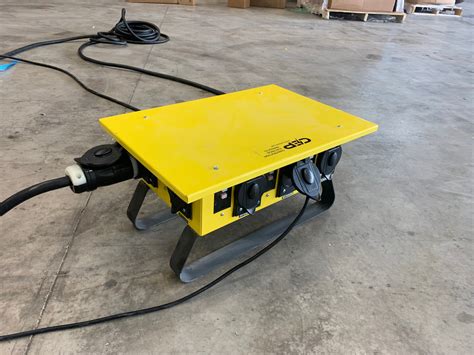Emery cloth, a type of abrasive material, has been a staple in various industries for decades, including metalworking, woodworking, and automotive repair. Its unique composition and versatility have made it an essential tool for smoothing, polishing, and cleaning surfaces. The cloth's abrasive properties, which come from the presence of emery, a type of iron oxide, allow it to effectively remove rust, corrosion, and other imperfections from metal surfaces. In this article, we will delve into the world of emery cloth, exploring its history, composition, applications, and benefits, as well as its limitations and potential alternatives.
History and Composition of Emery Cloth

Emery cloth has its roots in ancient Greece, where emery, a naturally occurring mineral, was first discovered. The mineral, which is a type of iron oxide, was highly valued for its abrasive properties and was used to polish and sharpen metal tools. Over time, the use of emery spread throughout the world, and in the 19th century, emery cloth was developed as a more convenient and versatile alternative to traditional emery paper. Today, emery cloth is made by embedding emery particles in a cloth backing, typically cotton or polyester, using a variety of adhesives and binding agents. The resulting material is a flexible, durable, and highly abrasive cloth that can be used for a wide range of applications.
Applications of Emery Cloth
Emery cloth is used in a variety of industries and applications, including metalworking, woodworking, and automotive repair. Its abrasive properties make it ideal for smoothing, polishing, and cleaning surfaces, as well as removing rust, corrosion, and other imperfections. In metalworking, emery cloth is used to deburr and polish metal parts, while in woodworking, it is used to smooth and finish wood surfaces. In automotive repair, emery cloth is used to clean and polish metal surfaces, as well as to remove rust and corrosion from car parts.
| Industry | Application |
|---|---|
| Metalworking | Deburring and polishing metal parts |
| Woodworking | Smoothing and finishing wood surfaces |
| Automotive Repair | Cleaning and polishing metal surfaces, removing rust and corrosion |

Key Points
- Emery cloth is a type of abrasive material made by embedding emery particles in a cloth backing
- It is used in a variety of industries, including metalworking, woodworking, and automotive repair
- Emery cloth is ideal for smoothing, polishing, and cleaning surfaces, as well as removing rust and corrosion
- It is a versatile and durable material that can be used for a wide range of applications
- Emery cloth is an essential tool for any industry that involves working with metal or wood surfaces
Benefits and Limitations of Emery Cloth

Emery cloth has several benefits that make it a popular choice for various applications. Its abrasive properties make it effective at removing rust, corrosion, and other imperfections from metal surfaces, while its flexibility and durability make it easy to use and long-lasting. Additionally, emery cloth is relatively inexpensive compared to other abrasive materials, making it a cost-effective option for many industries. However, emery cloth also has some limitations. It can be messy to use, as the emery particles can create dust and debris. Additionally, emery cloth can be prone to clogging, which can reduce its effectiveness over time.
Potential Alternatives to Emery Cloth
While emery cloth is a versatile and effective material, there are several alternative abrasive materials that can be used for specific applications. For example, sandpaper is a popular alternative to emery cloth for woodworking and metalworking applications, while steel wool is often used for cleaning and polishing metal surfaces. Additionally, there are several synthetic abrasive materials, such as silicon carbide and aluminum oxide, that can be used for a variety of applications.
| Alternative Material | Application |
|---|---|
| Sandpaper | Woodworking and metalworking |
| Steel Wool | Cleaning and polishing metal surfaces |
| Silicon Carbide | High-temperature applications |
| Aluminum Oxide | General-purpose abrasive applications |
What is emery cloth made of?
+Emery cloth is made by embedding emery particles in a cloth backing, typically cotton or polyester, using a variety of adhesives and binding agents.
What are the benefits of using emery cloth?
+Emery cloth is a versatile and durable material that is effective at removing rust, corrosion, and other imperfections from metal surfaces. It is also relatively inexpensive compared to other abrasive materials.
What are some potential alternatives to emery cloth?
+Some potential alternatives to emery cloth include sandpaper, steel wool, silicon carbide, and aluminum oxide. The choice of alternative material will depend on the specific application and the desired outcome.



